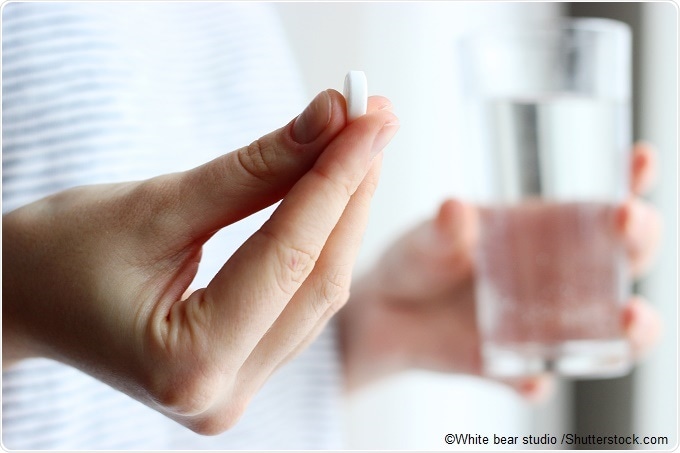A new study led by City of Hope researchers has found that regular use of low-dose aspirin (81mg) reduces breast cancer risk in women.
Led by Leslie Bernstein, the team found that women who took the low-dose aspirin, also known as “baby” aspirin, at least three times per week had an overall 16% reduced risk of developing breast cancer.

For hormone receptor-positive (HR-positive)/HER2-negative breast cancer, which is the most common form of breast cancer, the reduction in risk was 20%. HR-positive/HER-2 negative breast cancer is a subtype that depends on estrogen and progesterone for growth.
As reported in Breast Cancer Research, the team looked at questionnaire responses provided by 57,164 women in 2005 as part of the California Teachers Study. The women described their family history of cancer and other illnesses, aspirin use, the use of other non-steroidal anti-inflammatory drugs (NSAIDs), hormone use, menstrual cycle, reproductive history, living environment, diet, physical activity, alcohol use and weight and height. In the following years running up to 2013, 1,457 of the women developed invasive breast cancer.
The study differed from others that have examined aspirin use and cancer risk, because rather than focusing on regular aspirin doses, it looked at the low doses already commonly used by people who take it as a preventive measure to protect against illnesses such as heart disease and colon cancer.
Lead author Christina Clarke from the Cancer Prevention Institute of California said no significant associations were found between breast cancer risk reduction and the use of other NSAIDs such as ibuprofen. Neither were any associations found with regular aspirin use, probably because the medication is usually taken sporadically to relieve headache pain, for example, rather than for ongoing protection against heart disease.
Bernstein explained that the team were already aware that aspirin is a weak aromatase inhibitor and that strong aromatase inhibitors are used in breast cancer therapy because they reduce the amount of estrogen and progesterone circulating in the body.
We thought that if aspirin can inhibit aromatase, it ought to reduce the likelihood that breast cancer would develop and it could also be an effective way to improve breast cancer patients' prognosis once they no longer take the more potent aromatase inhibitors."
Leslie Bernstein.
Clarke says that now some data exists that separates the low-dose aspirin use from regular use, further, more comprehensive research can be carried out to investigate the full potential of this “baby” aspirin as a breast cancer prevention strategy.
Sources:
- https://www.eurekalert.org/pub_releases/2017-05/coh-coh050117.php
- https://www.cityofhope.org/